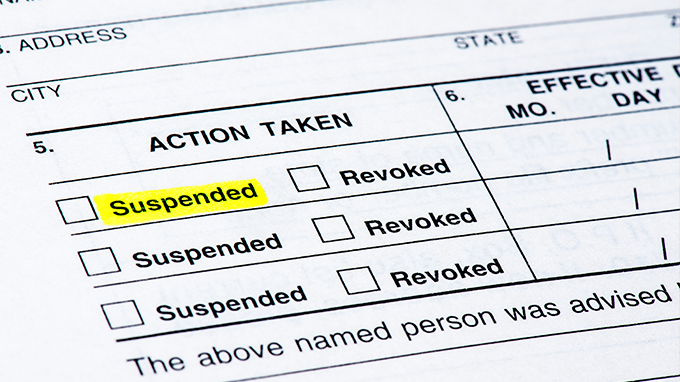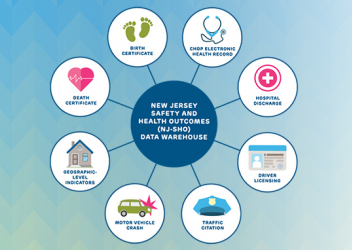Research In Action
Research In Action
Breadcrumb

States have always been able to suspend driver’s licenses for safety-related reasons or traffic violations, like driving under the influence. However, many states can also suspend licenses for other reasons that are not related to driving or traffic safety, like failure to pay fines and fees or child support.
In fact today, up to 90% of all license suspensions (in states with legislation that allows it) are for non-driving related reasons. There is evidence that non-driving related license suspensions negatively affect a person’s ability to find and maintain employment, as well as overall financial health. However, no existing studies have rigorously explored how these suspensions impact day-to-day life, overall health, and general well-being. With this in mind, we recently conducted a study in which we interviewed 14 drivers with non-driving related license suspensions. Our findings were recently published in Applied Research in Quality of Life.
Overall, we found the wide-reaching consequences of license suspensions cascaded over time as license suspensions were prolonged. For example, as a person struggled to find and maintain employment, they experienced depression and anxiety, which strained relationships, which then further adversely impacted mental health.
How Suspensions Affect Everyday Life
Participants voiced that non-driving related license suspensions:
- Take away independence, making everyday tasks difficult. Participants’ commutes using public transit were often long and complicated. Daily tasks like obtaining groceries became much more difficult, since it’s not easy or practical to carry large amounts of food on public transit and getting rides to and from the food store requires advanced planning.
- Affect health. Participants told us that their overall health, especially their mental health, was adversely affected by their license being suspended. Further, several participants reported starting or relapsing substance misuse. One participant said, “I do blame suspension and this whole suspension process for my depression. It has been a major cause of it. And without it [suspension], I would have a way out of it [depression] I believe.”
- Strain relationships. Nearly all participants said relationships with partners and immediate family members were negatively impacted as they felt unable to “carry their weight” as partners or parents. Relationships with other dependents, immediate family, friends, and communities or organizations (church or religious groups, substance abuse support groups, etc.) were also strained or severed.
- Impact employment. All participants described difficulties finding and maintaining employment. Most offered or available work was inaccessible to available commuting routes/options and/or very low pay. Not having independent transportation limited participants’ ability to work extra hours or “move up” within accepted positions.
- Are examples of systemic racism and classism. Policies that allow states to suspend licenses for debt-based reasons have been referred to as “the poverty penalty." This aligns with our previous research that found the prevalence of non-driving related suspensions to be seven times greater in the lowest income neighborhoods versus the highest income neighborhoods and five times greater in neighborhoods with the highest percentage of Black and Hispanic residents versus the lowest percentage of Black and Hispanic residents. As one participant shared, “Where I see some people who get suspended and lose their job and they take another job that's lower than what they were doing and basically just keep getting lower and lower and lower. And then they lose steam for life.They lose motivation to improve. And I believe that that's what it's [suspension] meant to do.”
A Call to Action
Our participants’ stories lead us to support calls to reform and repeal policies that enable states to suspend licenses for debt and non-traffic safety related reasons.
The original thought behind enacting non-driving related license suspension policies were to force individuals to follow certain non-driving laws or pay off their debts. However, critics of these policies avidly debate the extent to which these policies do either and instead argue that they:
- unjustly and systemically target people of color and those living in lower-income communities and
- have wider reaching, devastating life consequences.
In the last 5 years, 22 states and Washington D.C. have reformed debt-based driving suspension laws citing these concerns. However, there are few rigorous peer-reviewed studies with evidence validating either side of this argument. This recent research is part of a collaborative initiative we launched with researchers from the Brown University School of Public Health to inform the ongoing dialogue and repeal these policies.
We would like to thank and acknowledge the resilient individuals who participated in this study and shared their license-suspension journeys with us. We would also like to thank our community partners throughout New Jersey who helped with this study’s recruitment.
Click here to hear more from impacted individuals and to learn more about non-driving related license suspension policies.




